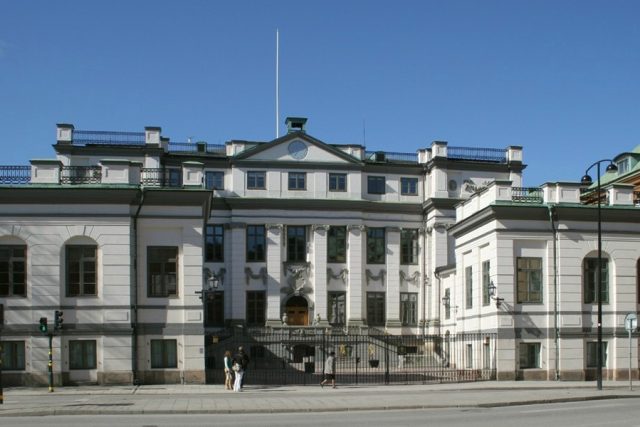The Swedish Supreme Court Monday ruled that the extradition of journalist Bulent Kenes to Turkey would violate Swedish law. Kenes is a Turkish national who obtained asylum in Sweden after Turkish officials accused Kenes of participating in the 2016 attempted coup to overthrow President Recep Tayyip Erdogan. Turkey has tied Sweden’s cooperation in extraditing wanted criminals — like Kenes — to an affirmative vote in North Atlantic Treaty Organization (NATO) membership.The court held that Kenes’ extradition violated three key sections of Sweden’s Extradition for Criminal Offenses Act. First, under Section 6, “extradition may not be granted for a political offense.” The judges agreed the charges brought by Turkey in relation to the attempted coup were politically motivated. Second, Section 7 of the act prohibits extradition on the basis of political beliefs, especially if there is a high likelihood of persecution in the requesting state. “There is also a risk of persecution based on this person’s political beliefs. An extradition can thusly not take place,” Judge Petter Asp said. Third, under Section 4 of the act, “extradition may be granted only if the act for which it is requested corresponds to an offense for which imprisonment for one year or more is prescribed by Swedish law.” Many of the acts Turkey alleged are not crimes in Sweden.In a memorandum released in June, Sweden and Finland agreed to Turkish demands of stronger stances against terror organizations. Both countries applied for NATO membership in May. In September, Sweden passed an anti-terror constitutional amendment which will make prosecution of the Kurdistan Workers Party (PKK) and other groups labeled by Turkey as terrorist organizations easier. Turkey often accuses Sweden an Finland of being safe havens for terrorists claiming asylum. Currently, only Turkey and Hungary have yet to affirm the NATO membership requests.


The Most Read
Сryptocurrencies
Bitcoin and Altcoins Trading Near Make-or-Break Levels
Financial crimes
Thieves targeted crypto execs and threatened their families in wide-ranging scheme
Financial crimes
Visa Warning: Hackers Ramp Up Card Stealing Attacks At Gas Stations
News
Capitalism is having an identity crisis – but it is still the best system
Uncategorized
The 73-year-old Vietnamese refugee is responsible for bringing Sriracha to American consumers
Uncategorized
Electric Truckmaker Rivian, Backed By Amazon, Ford, Raises Whopping $1.3 Billion